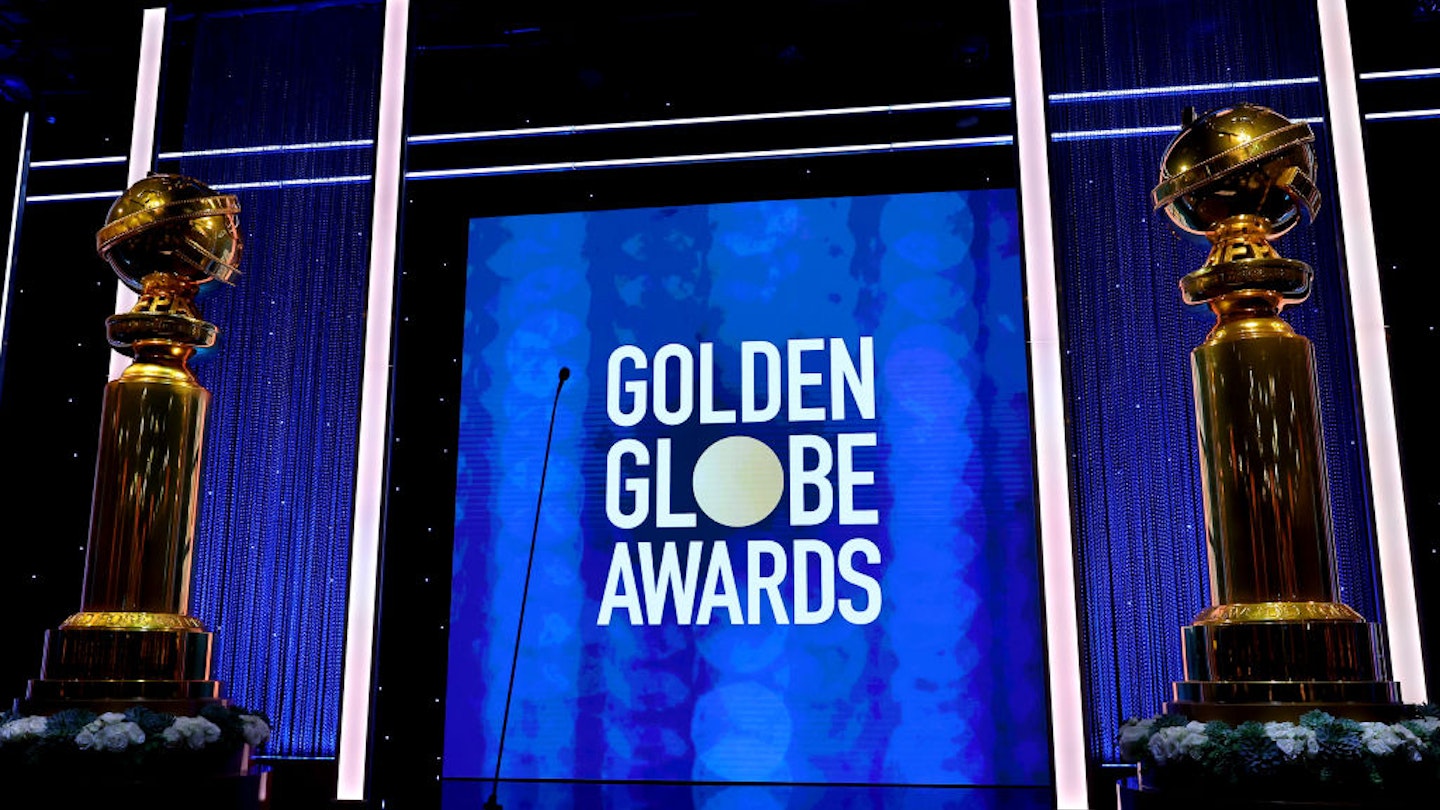It seems that women have had enough of their stories heard and enough recognition for their hard work now, if the Golden Globes nominations are anything to go by.
After a few years whereby the awards seemed to be taking steps toward evening the playing field, with Chloé Zhao taking home the award for Best Director in 2021 and a record three (yes, three) women nominated in the category, it seems the Hollywood Foreign Press Association, the governing body that runs the awards, has had its fill with platforming women behind the camera with just one woman nominated across the major categories (Women Talking writer Sarah Polley has been nominated for Best Screenplay – Motion Picture) and none in the Best Director category.
Meanwhile, the two best Best Film categories - Best Drama and Best Musical or Comedy - have ten nominations between them, and not a single woman in the midst. (However, Turning Red director Domee Shi has been nominated in the Best Animated Feature category, and if she wins will be only the second East-Asian woman to win an award.)
So it tracks that many are disappointed to see that championing minorities and promoting diversity seems to be no longer a priority for the organisation. The Golden Globes are a famously small organisation, with, as of August 2021, fewer than 100 members on the board (for context, around 8,496 make up the Academy of Motion Picture Arts and Sciences, determining the results of the Academy Awards) and as a result it’s battled a proportionately higher amount of scandals and controversies.
It's especially eyebrow-raising as the snubs come a year after it was reported by The Los Angeles Times that the HFPA included no Black people and as such there had been efforts to diversify the voting board - but while the nominations for last year appeared to reflect those efforts and this year's Best Performance categories show more racial diversity, it seems their accomplishments in one area have resulted in a distinct lack in others.
Progress isn’t – or it shouldn’t be – a moment in time, a symbolic gesture, or a kind of relenting under sustained campaigns for change before swiftly being abandoned when the quota is perceived to have been filled. The term ‘one step forward, two steps back’ springs to mind, doesn’t it? The whole point of making progress is that it’s linear; faltering is forgivable, dips and troughs to be expected, but this just feels like a kick in the teeth.
And it’s not like this year has been short on incredible female lead films: 2022 was the year of Gina Prince-Bythewood’s The Woman King, starring Viola Davis and Lashana Lynch, and Till, directed by Chinonye Chukwu and with Danielle Deadwyler in the lead role of Mamie Till-Bradley.
This year has also seen the dramatisation of one of the biggest scandals in Hollywood of the 21st century, with Carey Mulligan and Zoe Kazan taking on the roles of thejournalists who broke the Harvey Weinstein story in She Said. There is no shortage of great films with women at the helm that have made an impact and seen recognition at other major awards ceremonies this season.
Not only are these films directed and primarily made by woman, they unapologetically tell stories of female empowerment, from Till-Bradley’s pursual of justice following the racist murder of her 14-year-old son Emmett in 1955, to the formidable real-life Agojie tribe of the 19th century on which The Woman King is based.
The Me Too movement felt, at the time, to be ushering in a seismic shift in attitudes, but just six years later enough actually changed in Hollywood?
